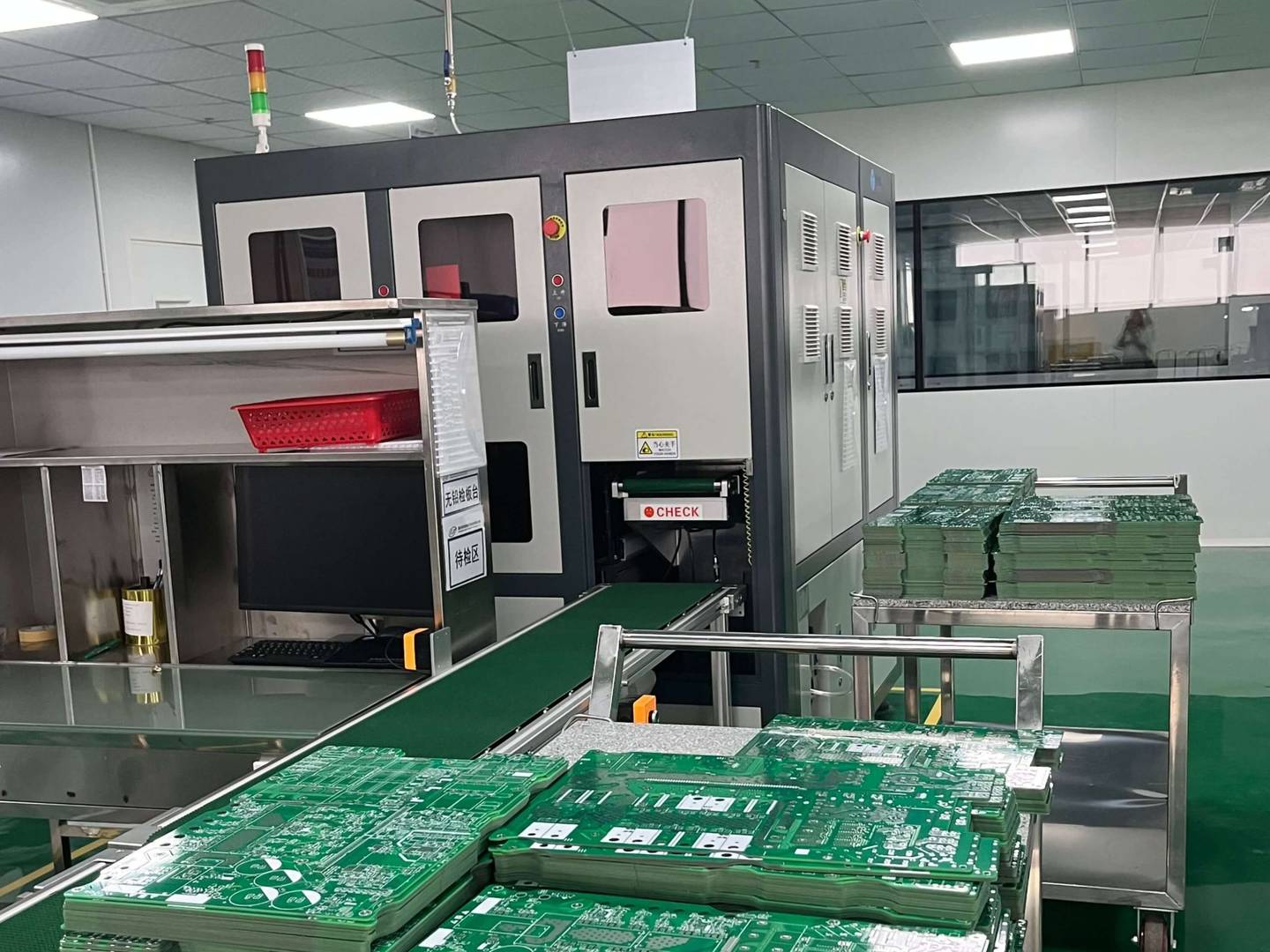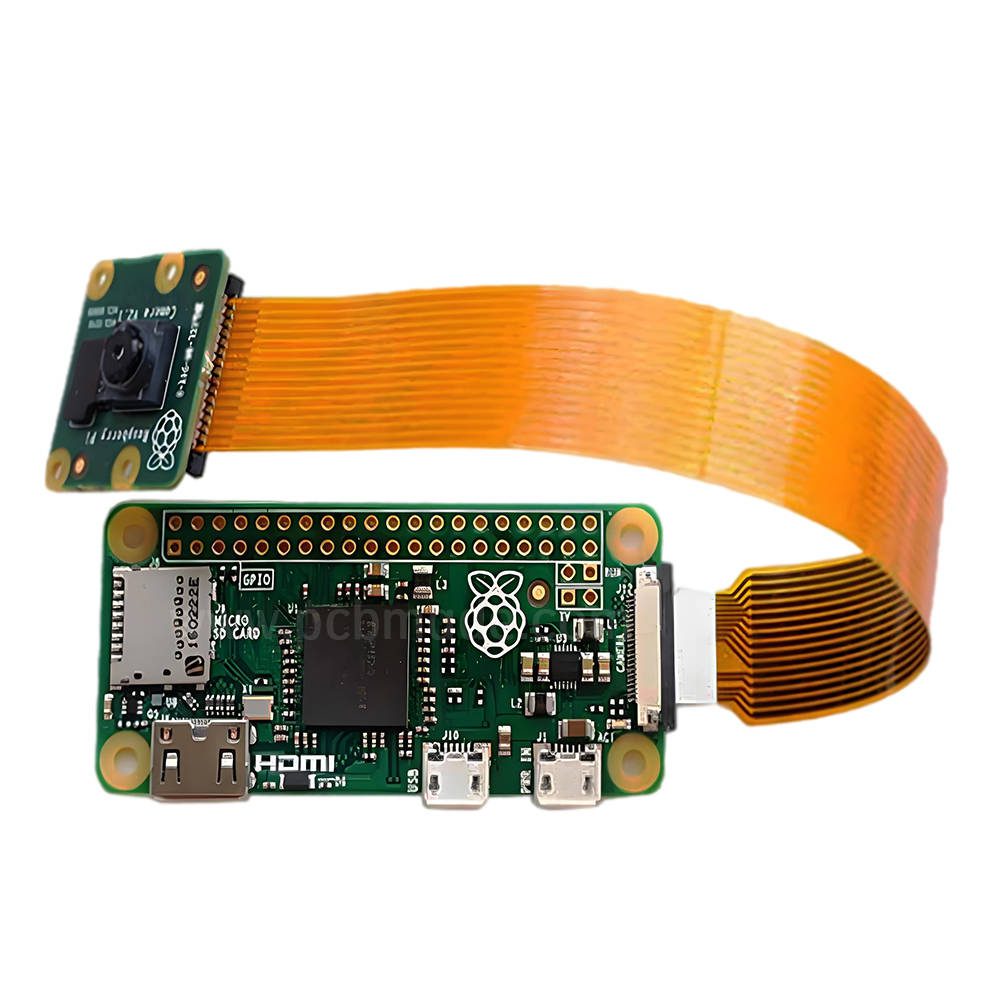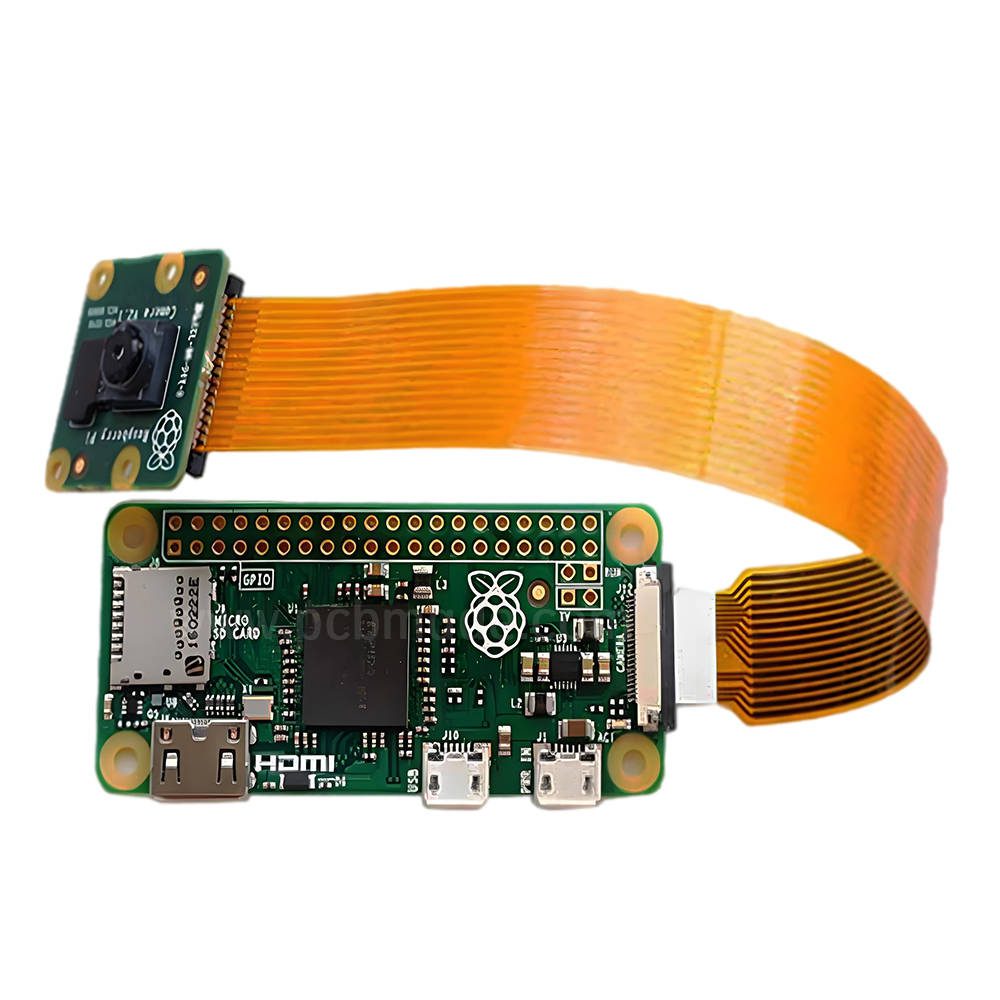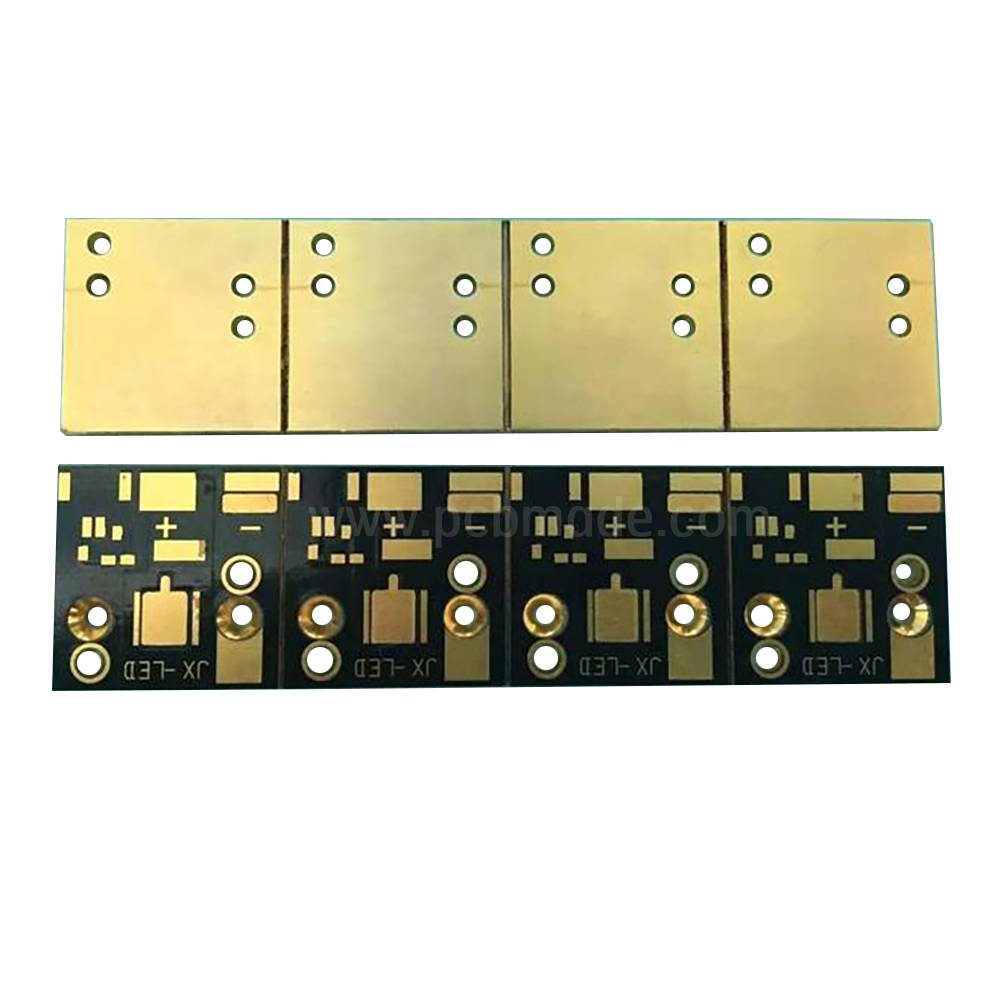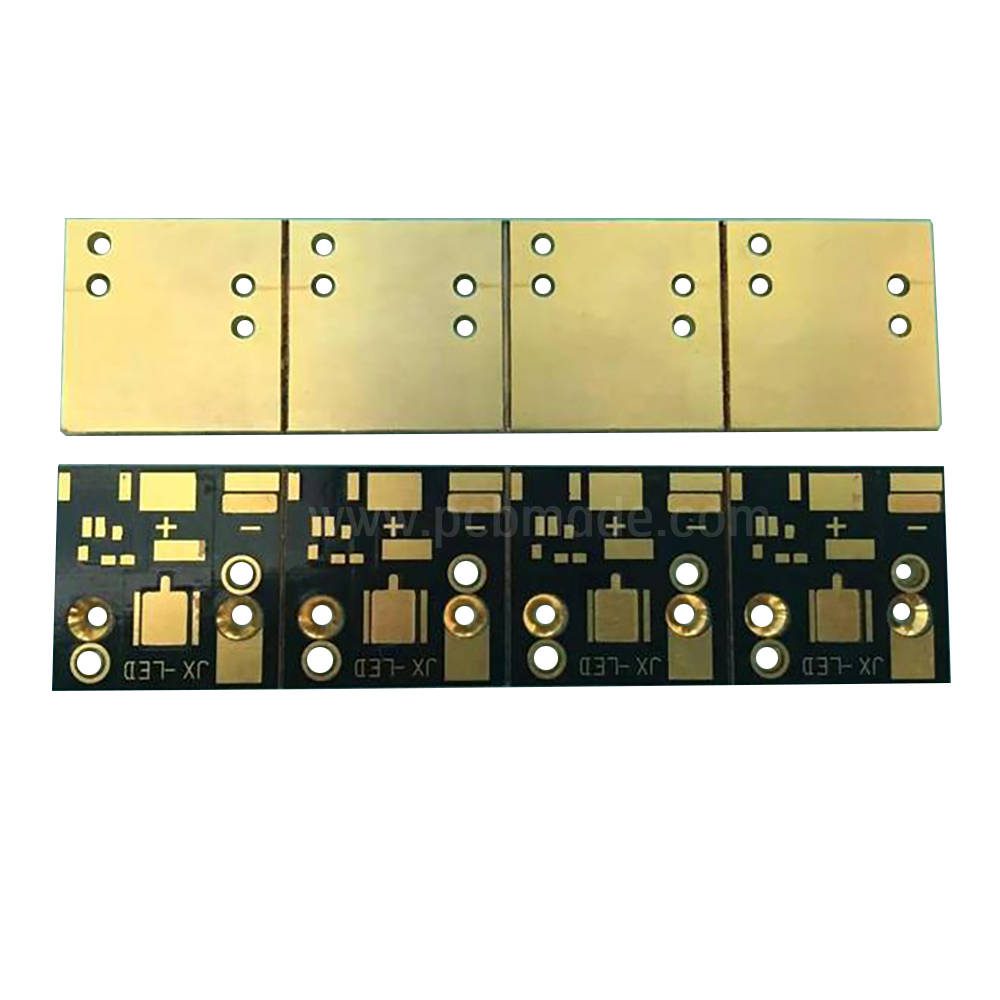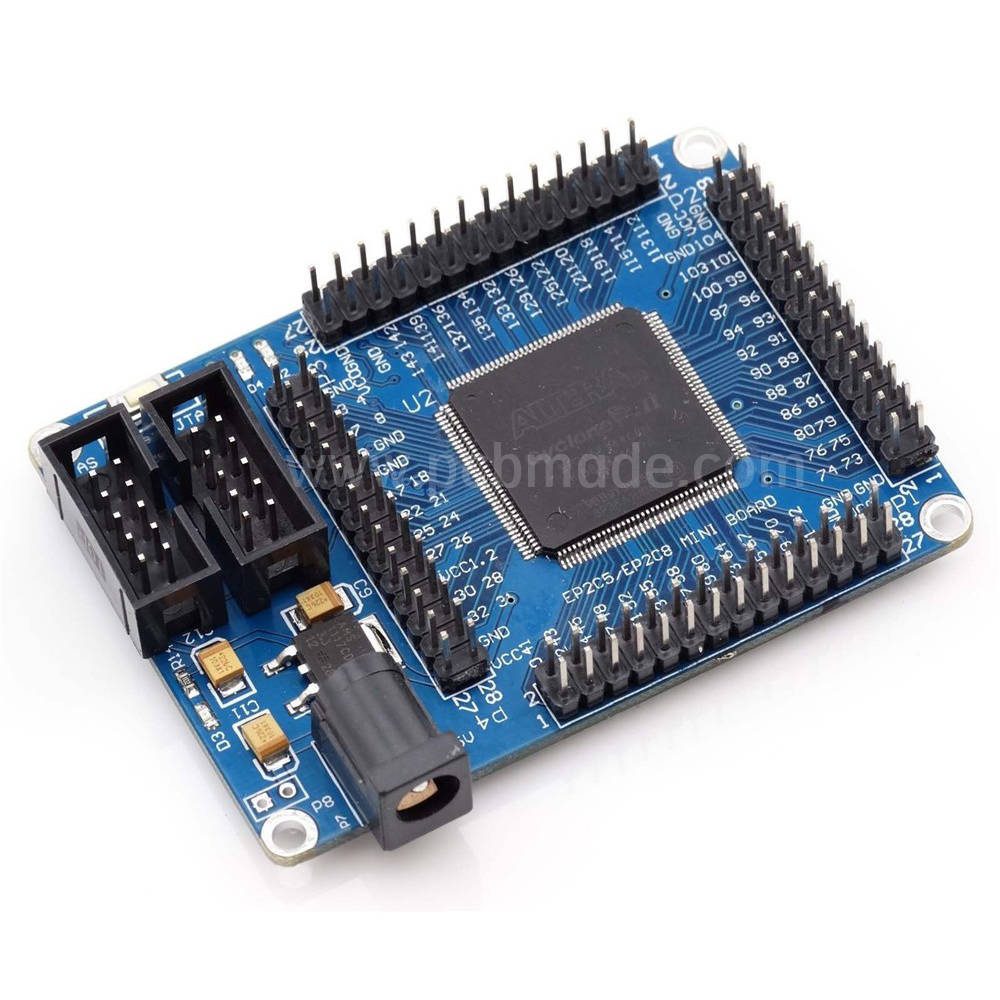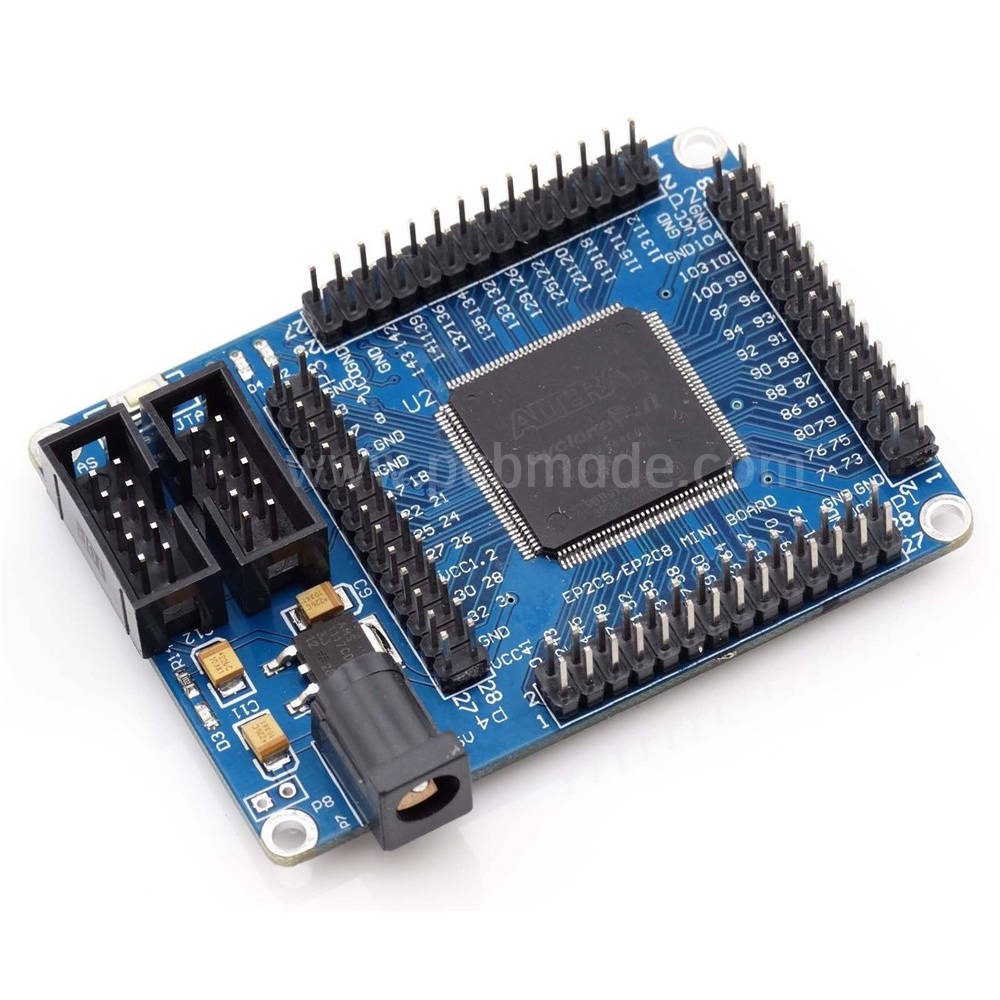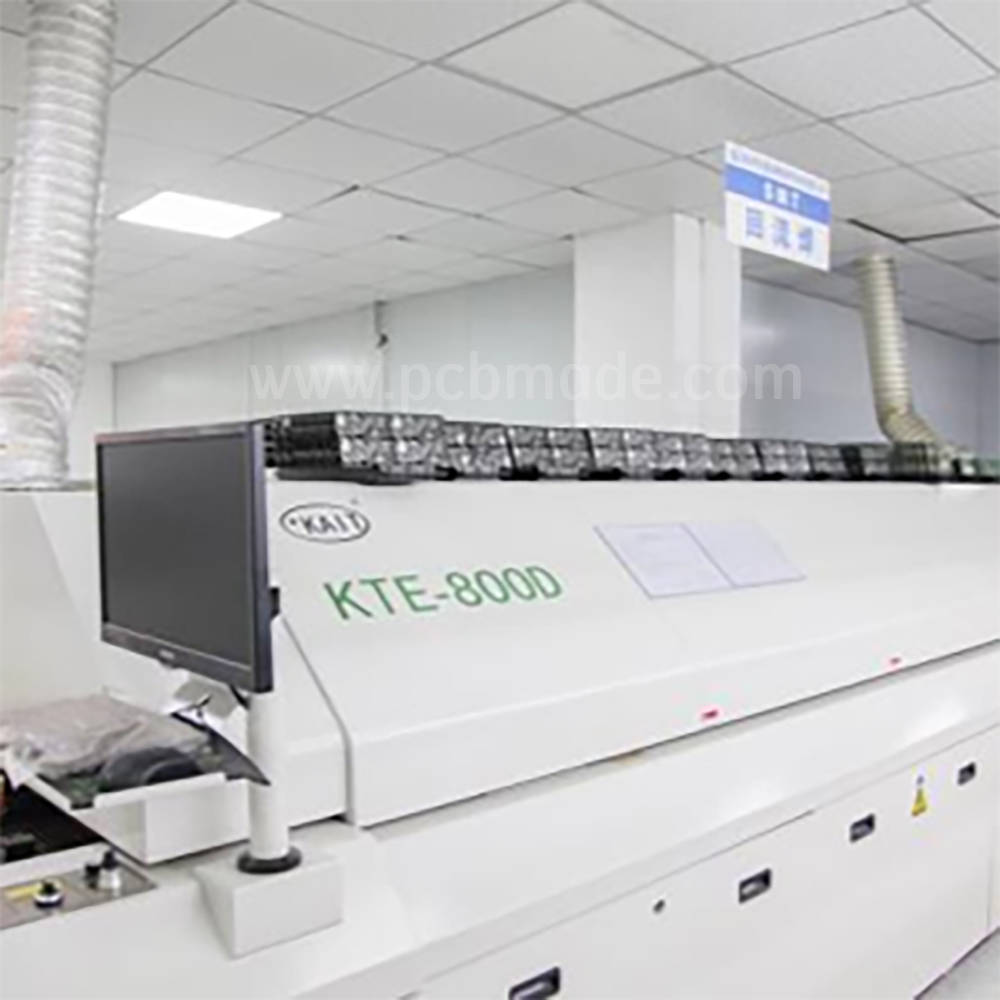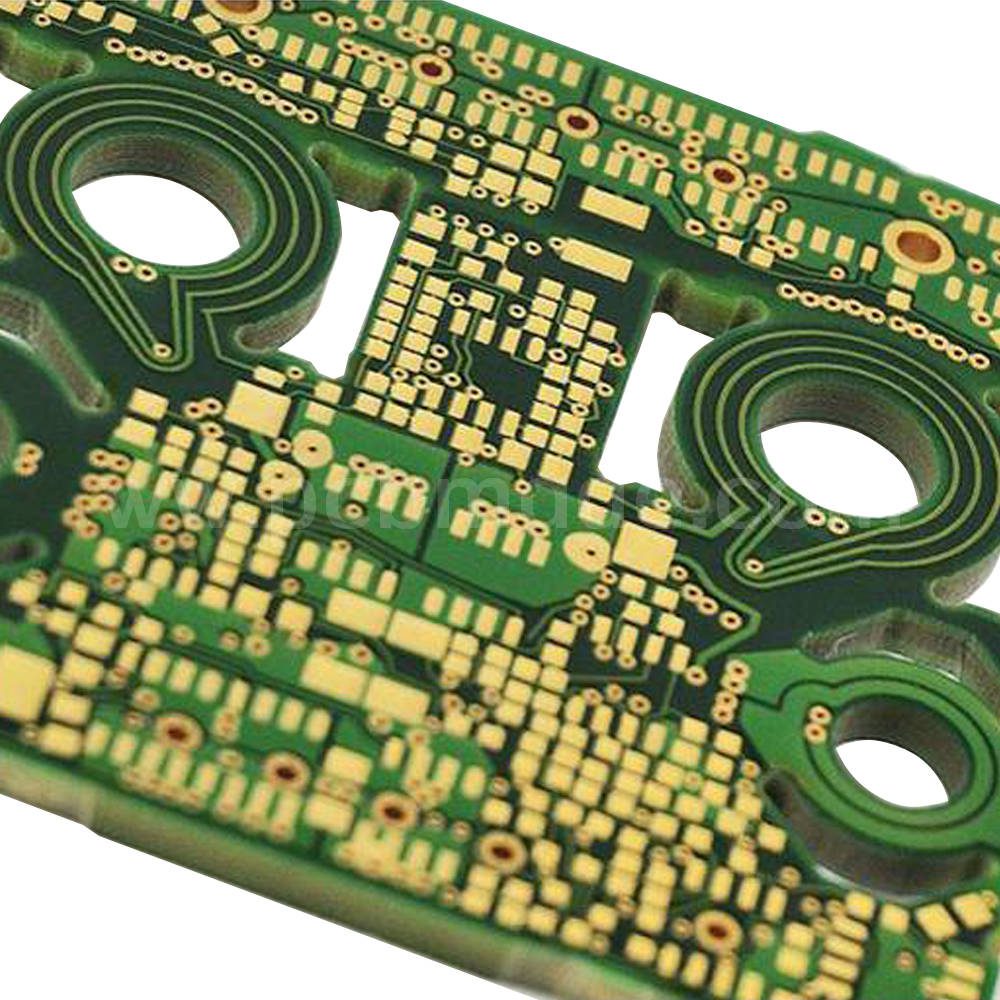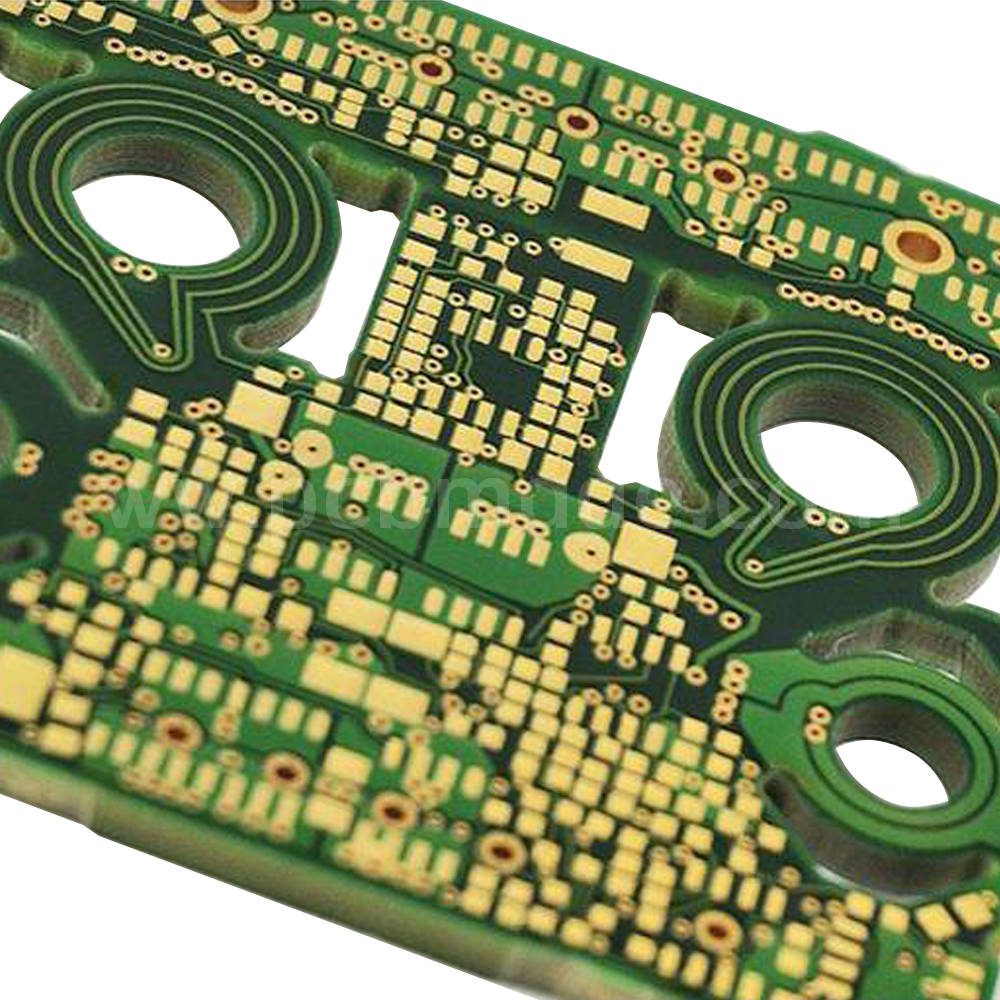A 4.0mm Ultra Thick Coil Plate PCBA is a robust printed circuit board assembly engineered for high-power inductive applications, combining ultra-thick 4.0mm substrates with 4 oz (140 µm) copper layers to handle extreme currents (>20A/mm²) and minimize resistive losses. Designed for industries like electric vehicles (EVs) and renewable energy, it integrates planar coil windings for transformers and chokes, achieving high efficiency in power conversion and motor control. The multi-layer FR4 or metal-core construction ensures mechanical stability and thermal dissipation, while ENIG surface finish guarantees corrosion-resistant solder joints. Compliant with IPC-6012 Class 3 and IATF 16949, this PCBA operates reliably in harsh environments (-40°C to +150°C) and supports advanced manufacturing techniques like resin-filled vias and sequential lamination to prevent delamination. Applications include EV inverters, solar microinverters, and industrial automation systems, delivering unmatched performance in high-voltage, high-frequency scenarios.


